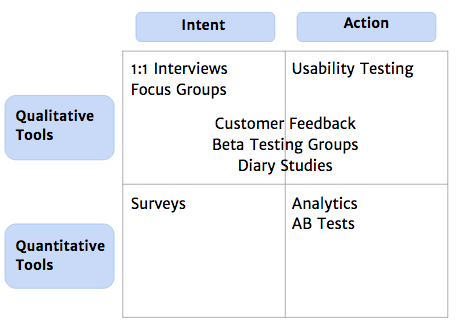
Of the six core product manager skills, user science is the only one that needs to be studied and developed explicitly, like any scientific skill.
This Product Management article on user science provides a deep dive on the powerful skill.
How to Become a Product Manager
People (not just MBAs) often ask me how to get into product management, and I reference the six skills above. (For a detailed skill list per level, see this article.) The first five skills are found and can be developed and demonstrated in many different roles ? marketing, engineering, business analysis, and general management (including entrepreneurship) to name a few. Great project management professionals explicitly develop the four execution skills. User science is the hardest skill to develop without being a product manager, though increasingly other professions use or specialize in user science, and user science educational programs are growing. (Early career product managers aren?t expected to know user science, but should show user empathy and potential for learning the science.)
In my first few weeks at XO Group, I shared this perspective on the product manager role with the team. We?ve since incorporated these six skills into XO Group?s product management personal development plans, regular ?product school? discussions, level expectations, semi-annual evaluations, and hiring/interviewing plans. For those of you interviewing to be product managers at any organization, I encourage you to ask the interviewer how they view their product managers and match the answer against your goals. Do their PMs help drive team strategy or only project management? Do their PMs perform user science? Are their PMs order takers, givers, or facilitators?
Many companies get strategic product management right ? Intuit, eBay, LinkedIn, Amazon, Expedia (and I hope XO Group!) to name a few ? and many have a way to go to support product managers having high impact on their users. What happens when companies build great products that meet their users? needs? Good things. Ask a product manager her favorite metric, and she?ll probably say Net Promoter Score (NPS), which measures a user?s likelihood of recommending a product and is often used as a customer satisfaction score. Companies with high NPS have been shown to outperform their peers. Great product managers help create stronger strategy, stronger execution, and stronger user understanding, all of which strengthens companies across their key metrics. Of these three, user insight is my favorite ? when PMs especially understand and evangelize their users, the entire company?s sense of purpose and meaning grows, and user and company alike benefit. Getting product management right matters ? so for companies and PMs alike ? keep your product manager expectations for strategic thinking, execution, and user understanding high!